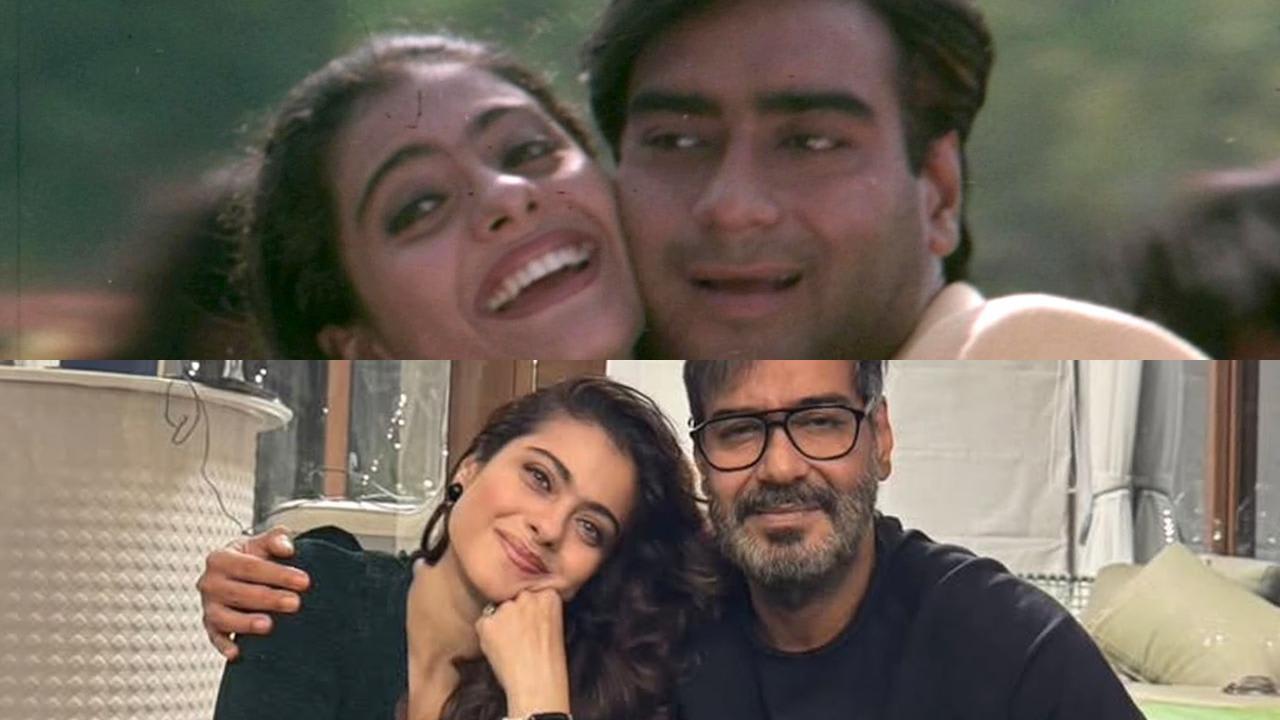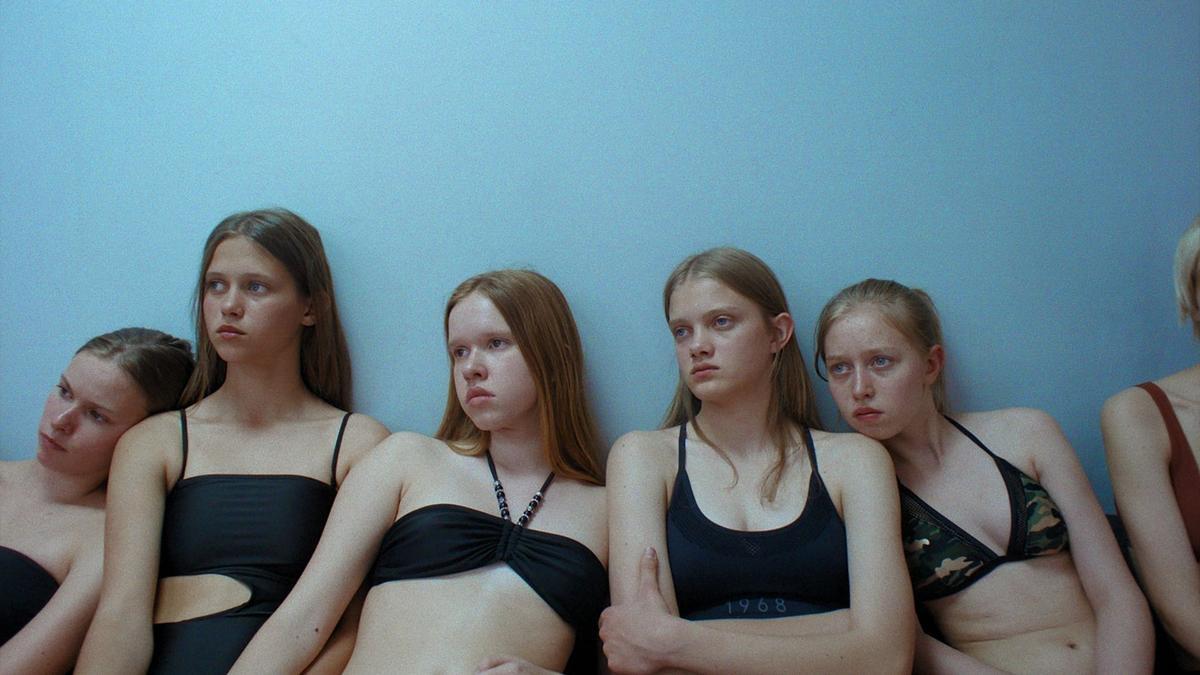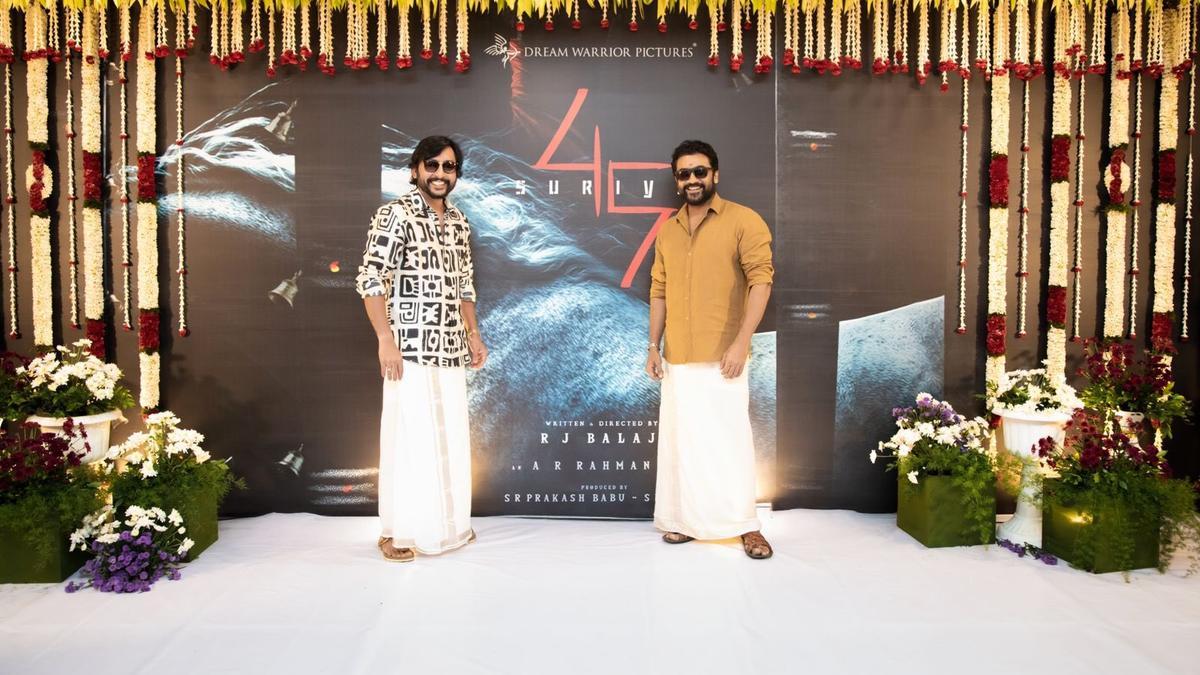
In a high-profile trial that has captured international attention, revered French actor Gérard Depardieu is scheduled to appear in court on Monday in Paris to face serious charges of sexual assault. The allegations, which have drawn mixed reactions from the public and fueled debates about the prevalence of sexual violence in the European film industry, relate to incidents that reportedly occurred on a film set in 2021.
Depardieu, a figure synonymous with French cinema both domestically and globally, stands accused of engaging in acts described as “violence, coercion, surprise or threat” against two women during the filming of “Les Volets Verts” (The Green Shutters). Prosecutors allege that the 75-year-old star used his stature to assault the women, trapping them physically and groping them over their clothing, targeting areas including their buttocks, genitals, chest, and breasts.
This trial emerges against the backdrop of France’s ongoing self-examination regarding sexual misconduct, a movement that has gained momentum in large part due to the worldwide #MeToo movement which, until recently, struggled to gain a foothold in French cinema. As the trial proceeds, it raises poignant questions about the culture and power dynamics within the industry that have allowed such alleged behaviors to perpetuate.
One of the victims has been publicly identified as a 53-year-old production designer who described her disturbing experience to investigators. According to her account, Depardieu initially made unwanted sexual remarks before one day physically cornering her on set. Witnesses corroborate her story, recounting how Depardieu allegedly grabbed her, held her against her will, and verbally harassed her with explicit comments. Following the distressing encounter, the victim took a seven-day leave as advised by a psychiatrist due to the emotional toll it inflicted.
Shortly after the incident, efforts were reportedly made for Depardieu to formally apologize to the victim. However, the situation deteriorated further when, during a television interview, Depardieu expressed anger rather than contrition, ostensibly blaming the victim for the turmoil. Witnesses supported the victim’s assertion that Depardieu’s remarks fell short of an apology.
.
The trial has also unveiled allegations from another woman, a director’s assistant, who claimed Depardieu inappropriately touched her on multiple occasions on set. Her dissatisfaction with Depardieu’s behavior allegedly prompted derogatory comments from him in response, which eventually led to her being granted a six-day leave on psychiatric grounds.
Depardieu’s legal team has been vigorous in his defense. His lawyer, Jérémie Assous, conveyed via email that evidence and testimonies expected to be presented in court will clear Depardieu’s name of what they claim are “false accusations.” However, the timeline for a court decision remains uncertain.
Despite the gravity of the charges, Depardieu continues to receive support from prominent figures, including French President Emmanuel Macron and 56 other French personalities from various cultural sectors. They have publicly stood by Depardieu, arguing that the allegations represent an attack not only on the actor but also on the art of cinema itself.
The narrative is further complicated by a France 2 documentary aired last year, exposing substantial allegations of sexual misconduct against Depardieu from 16 women. This footage painted a troubling picture, showing Depardieu engaged in behavior and making comments deemed inappropriate during a 2018 visit to North Korea.
In the midst of these unfolding events, the trial of Depardieu reignites discussions regarding the protection against and acknowledgment of sexual violence within the industry. Many have referenced historical allegations, such as those brought to light by actress Judith Godrèche during an award ceremony, to illustrate longstanding issues in the French film sector.
As Depardieu prepares to face the next chapter of legal scrutiny, feminist groups have announced plans to protest outside the courthouse in Paris, signaling that the trial is not just about one man but is emblematic of much broader, systemic challenges regarding sexual violence and accountability in French society.










